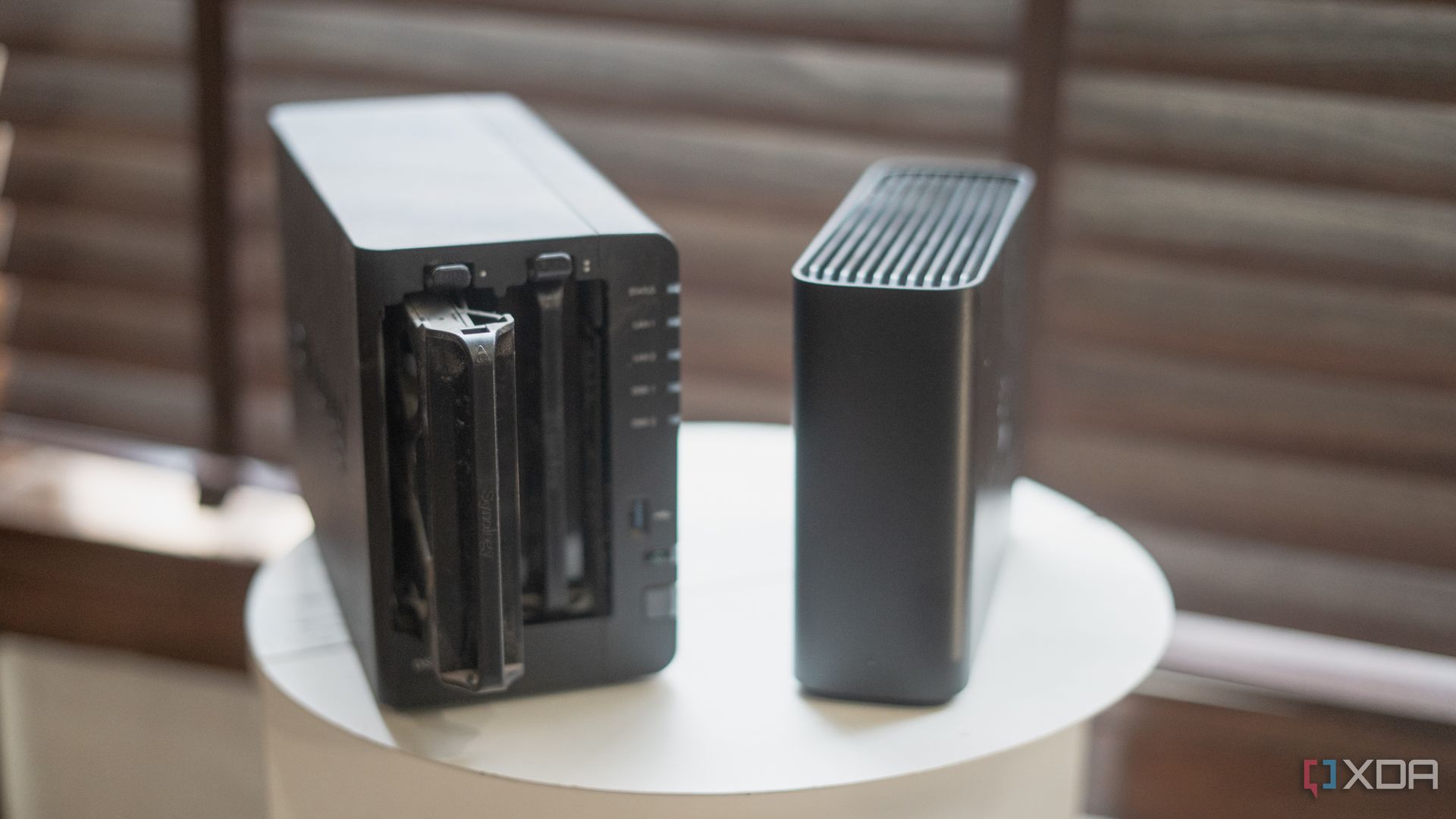URGENT UPDATE: Experts are warning users that treating their Network Attached Storage (NAS) devices as alternatives to cloud services could lead to significant data loss and financial burdens. The message is clear: while NAS offers a sense of independence, it cannot match the reliability and convenience of established cloud solutions like Google Drive and Dropbox.
In a world increasingly reliant on digital storage, many have turned to NAS for a personal cloud experience right at home. However, analysts confirm that this perception is misleading and could lead to critical issues when users experience hardware failures or ransomware attacks. The reality is that a NAS requires constant management, which can be overwhelming for the average user.
Experts emphasize: “The illusion of personal cloud ownership can quickly shatter when your NAS refuses to boot, locking you out of your data with no backup in place.” As reliance on technology grows, the risks associated with ownership become more pronounced.
Users often feel empowered by the idea of owning their data, believing it shields them from breaches and outages. However, experts point out that the responsibility of maintenance falls entirely on the user. Unlike cloud services, which provide automatic backups and continuous monitoring, a NAS requires hands-on involvement. From managing redundancy to ensuring network stability, the burden can quickly become unmanageable.
Statistics reveal that without a secondary backup or cloud solution, a single ransomware attack or hardware failure could mean losing everything stored on a NAS. The emotional toll of data loss can be devastating, leading to lost memories, business disruption, and financial strain.
While NAS devices can save users money in the long run, the initial investment is substantial. The cost of hardware, including NAS-ready hard drives, can dig a deep financial hole. Ongoing expenses related to power draw, hardware upgrades, and troubleshooting can add up quickly.
The takeaway from experts is straightforward: “If you treat your NAS as a cost-saving cloud alternative, you are setting yourself up for disappointment.” Instead, users should prioritize autonomy and the ability to control their data while understanding the limitations of NAS technology.
As more people seek to balance their digital needs, the advice is clear: consider the true responsibilities of NAS ownership before fully committing. A hybrid approach, utilizing both NAS for local storage and cloud services for backup, may be the ideal solution for many users, ensuring both access and security.
With this evolving landscape, it’s crucial to stay informed. Users are urged to evaluate their data storage strategies and remain vigilant about the risks associated with NAS. The conversation about personal data management is more important than ever, as technology continues to advance at a rapid pace.
In summary, while NAS devices offer an appealing sense of control, they come with significant responsibilities and risks. Users must weigh their options carefully to avoid the pitfalls of relying solely on NAS as a cloud replacement.





































































